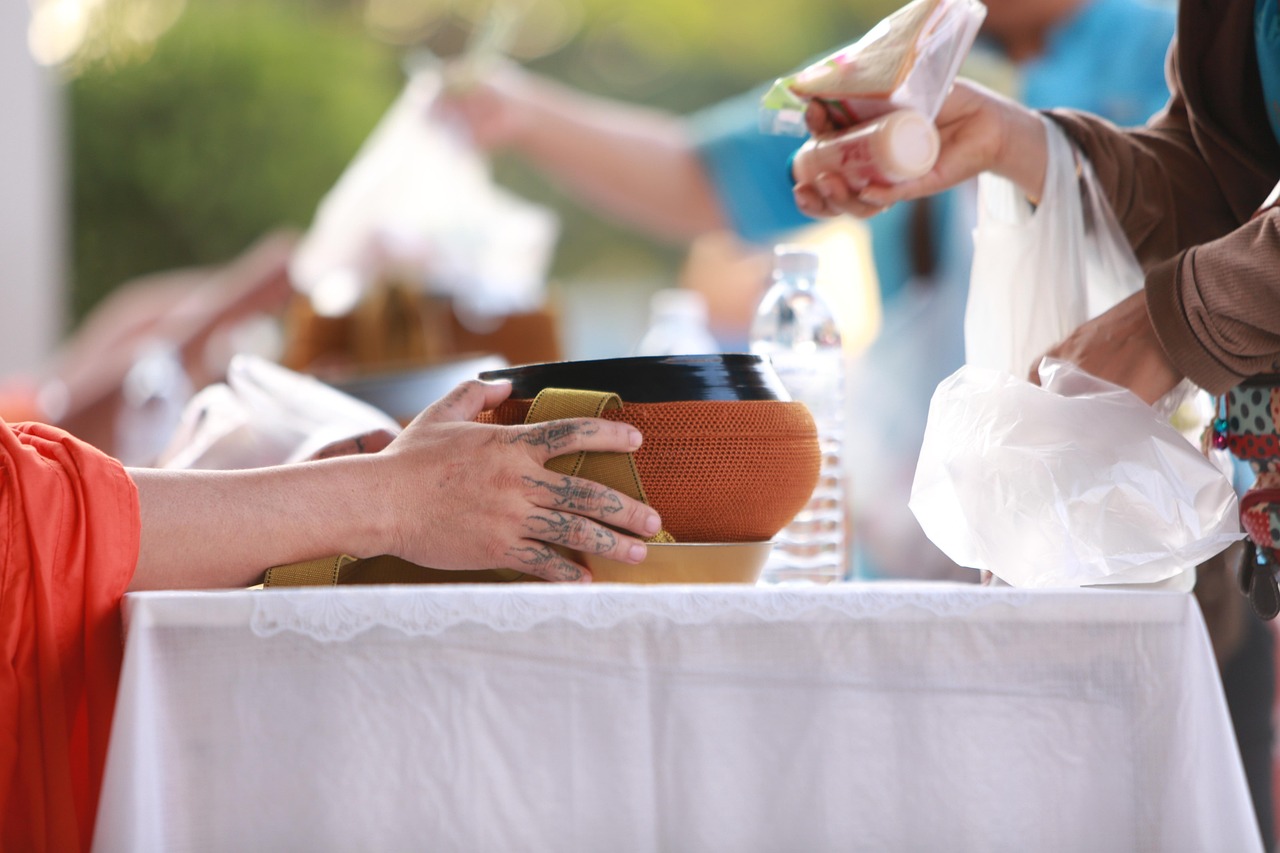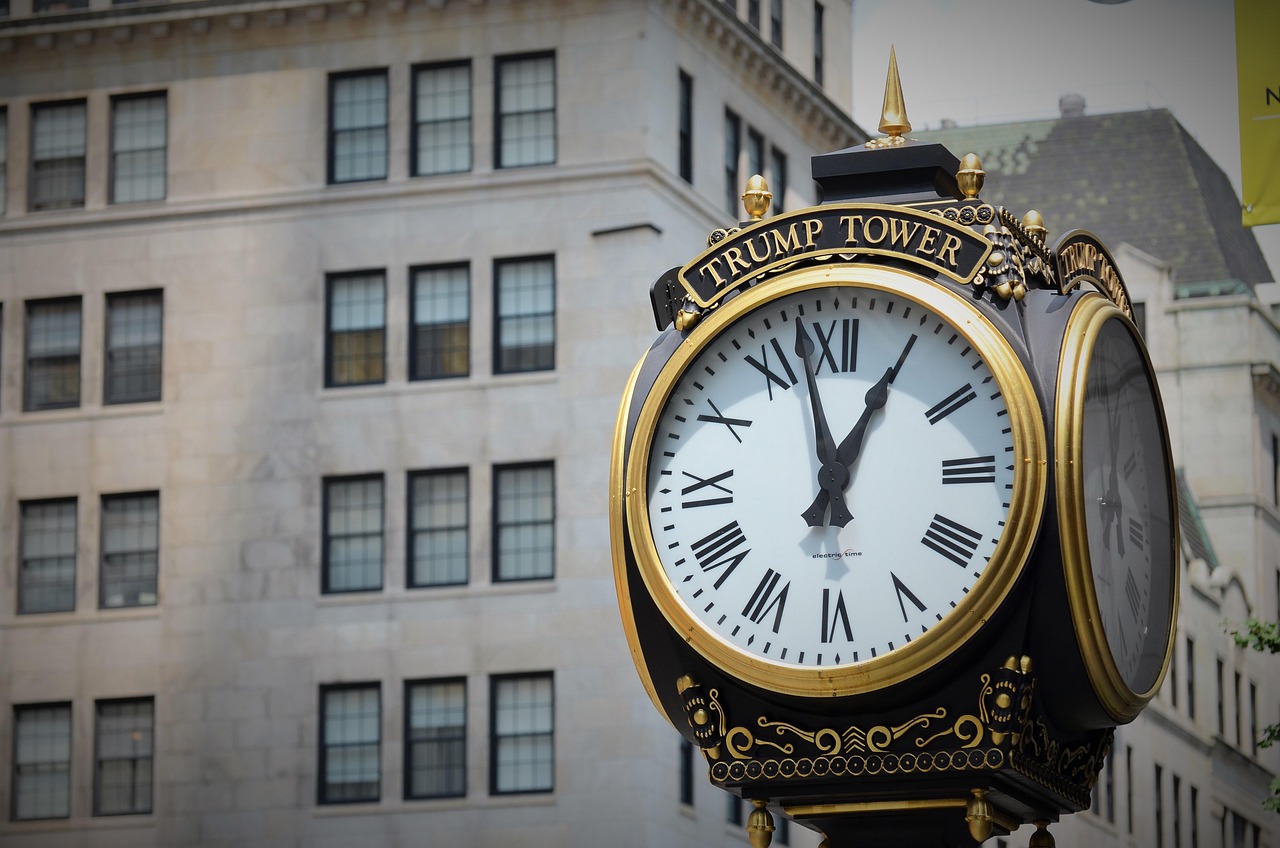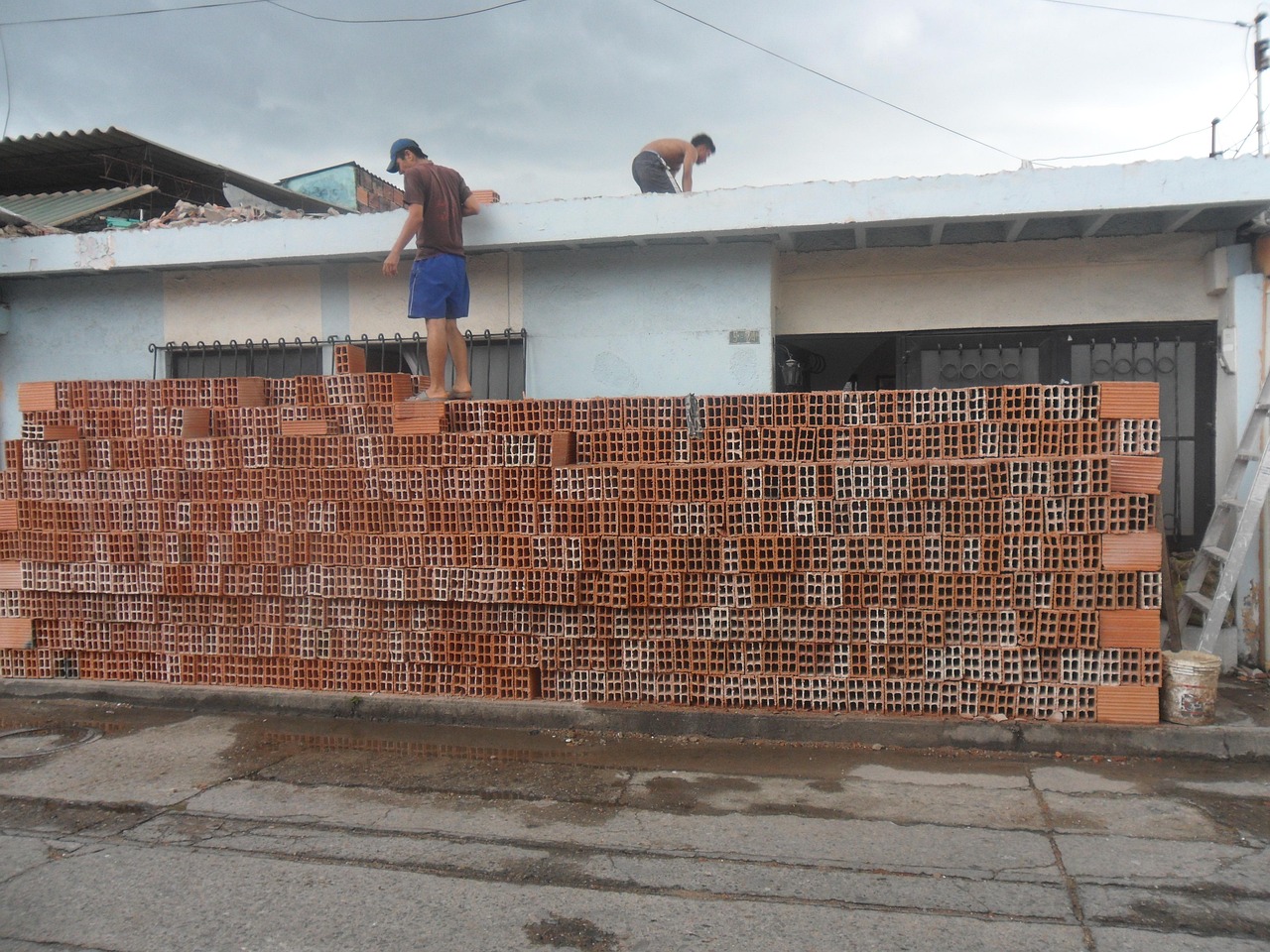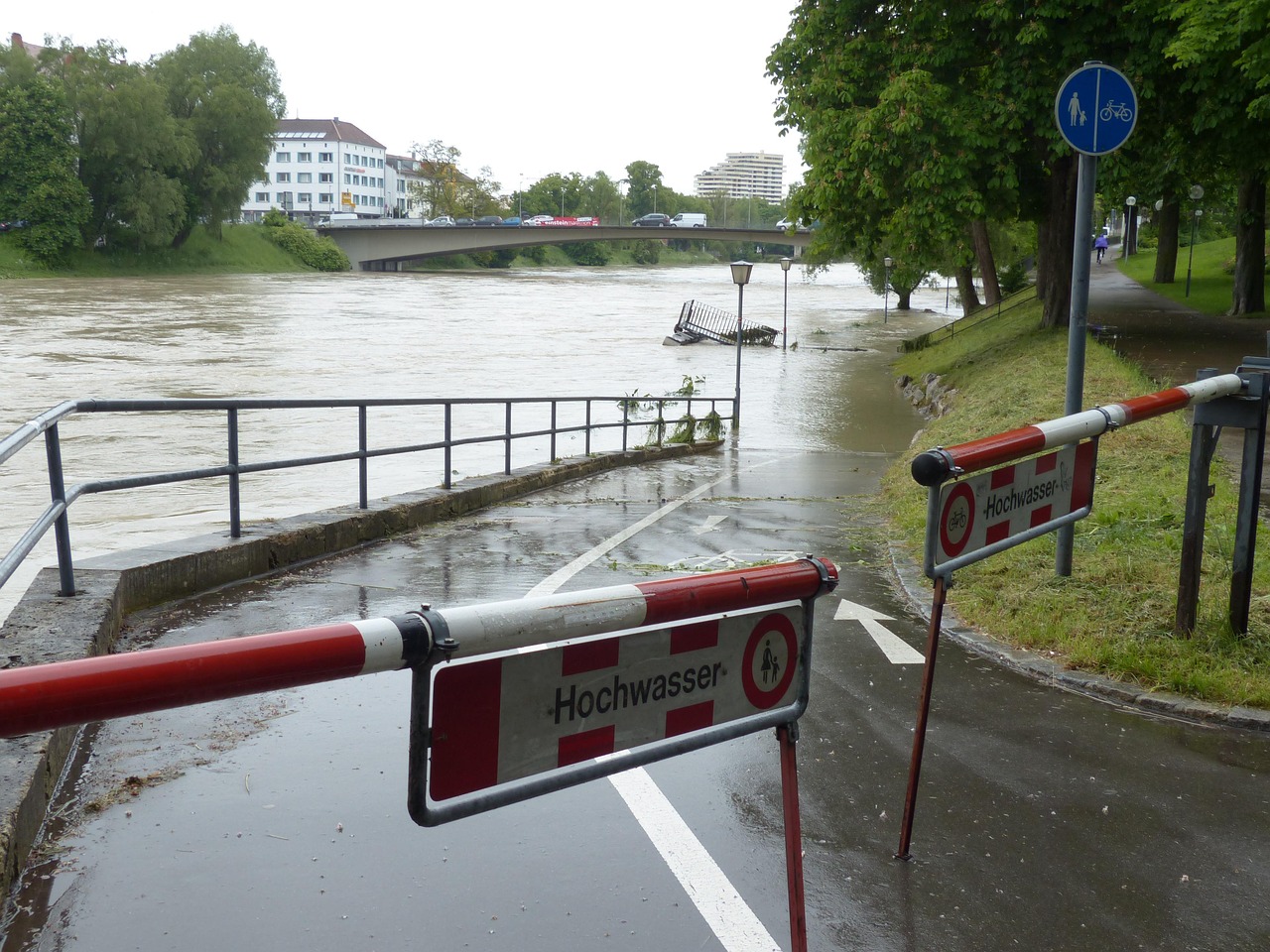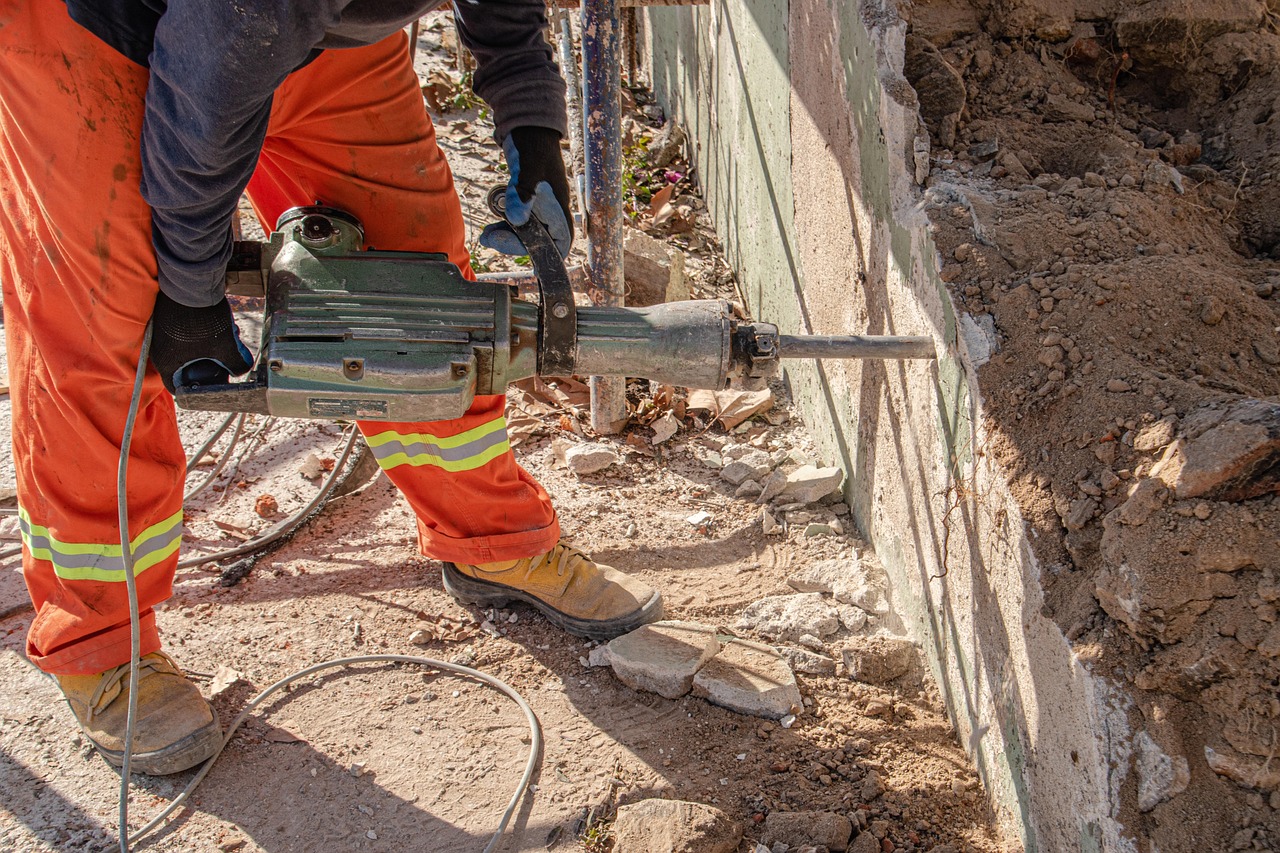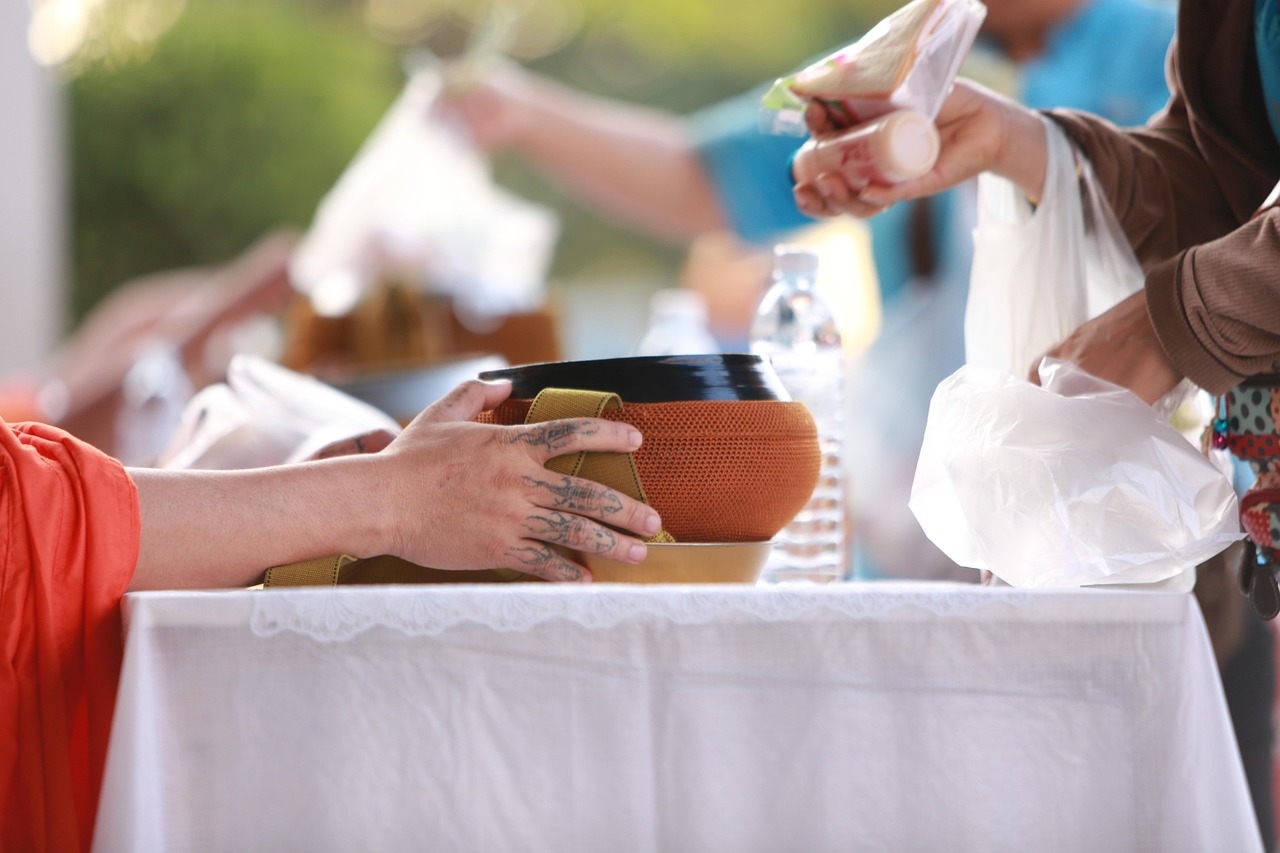
Woman Arrested For Blackmailing Thai Monks
The key development is that Thai police arrested Wilawan Emsawat, a woman in her mid-30s, for allegedly enticing senior Buddhist monks into sexual relationships and then blackmailing them for large sums of money. This scandal has shaken Buddhist institutions in Thailand, as it involves multiple abbots and senior monks who broke their celibacy vows, which is a core requirement in Theravada Buddhism practiced in Thailand. Wilawan faces charges including extortion, money laundering, and receiving stolen goods, after police traced millions of baht transferred to her from temple bank accounts.
Scope And Financial Scale Of The Scandal
Wilawan’s bank accounts reportedly received around 385 million baht, approximately 11.9 million U. S. dollars, over three years, mostly spent on online gambling. The largest gambling bets reached 500, 000 baht per wager, indicating the massive financial flow involved. Police uncovered evidence that Wilawan pressured monks into paying large amounts to cover up their relationships, including one case where a senior abbot was asked to pay 7 million baht (about 222, 000 dollars) after she claimed to be pregnant. This financial manipulation highlights a troubling contrast between the monks’ expected ascetic lifestyle and the real-world misuse of temple funds.
Impact On Buddhist Institutions And Public Trust
At least nine senior monks and abbots implicated in the scandal have been defrocked and expelled from the monkhood, a rare and serious disciplinary action in Thailand. The incident has grabbed public attention and raised concerns about corruption and misconduct within religious institutions. Acting Prime Minister Phumtham Wechayachai has called for a review of laws governing monks and temples, particularly focusing on financial transparency to restore public faith in Buddhism. The Central Investigation Bureau is now actively encouraging the public to report any monk misconduct via a dedicated Facebook page, signaling a nationwide probe into monastic behavior.
Previous Scandals Highlight Systemic Issues
This latest case is not isolated. In May 2025, a monk was arrested for allegedly embezzling over 300 million baht (9 million USD) from temple donations. In 2022, all monks at a temple in central Thailand were defrocked after testing positive for methamphetamine, showing issues with drug abuse among clergy. In another shocking incident last November, authorities investigated a monastery where 41 bodies were found, allegedly used for unorthodox meditation practices. These recurring scandals point to systemic problems of accountability and discipline in Thai Buddhist institutions. ## Why This Matters And What Readers Should Consider.
Q: Why is this scandal important for Thai society and Buddhism?
A: Buddhism is deeply intertwined with Thai culture and morality. Monks are expected to live celibate, humble lives, serving as moral exemplars. When senior monks break these vows and abuse temple funds, it damages the public’s trust not only in religious leaders but in social institutions as a whole. The millions of dollars involved also raise questions about financial oversight within temples.
Q: What can be done to prevent such abuses in the future?
A: Experts advocate for stronger legal frameworks regulating temple finances and monk conduct. Transparency initiatives, such as public reporting platforms and regular audits, could reduce opportunities for corruption. Public vigilance and media scrutiny will also play vital roles in maintaining accountability.
Have you followed this scandal or witnessed similar issues in religious or cultural institutions?
What are your thoughts on balancing respect for religious traditions with the need for transparency and accountability?
Share your perspective in the comments below.
